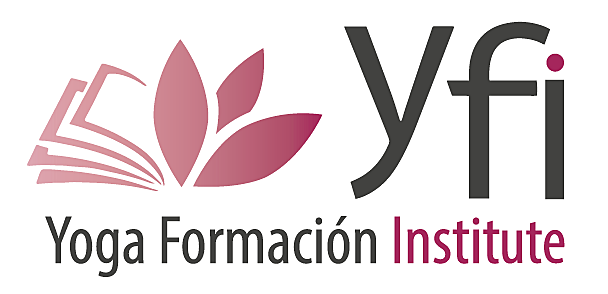Yoga and Buddhism and Western Positive Psychology
Western psychology is principally concerned with understanding and alleviating psychological suffering. Both Buddhism and Yoga seek in-the-world serenity and have certain parallels with contemporary psychology. The connections between Western psychology and Yoga and Buddhism are that both:
- Are concerned with overcoming inner suffering.
- Are humanistic and naturalistic, as they interpret the human condition in natural rather than religious terms.
- See the individual as caught in a matrix of forces including the cravings produced by our biology and our beliefs.
- Teach the importance of compassion, concern, and unconditional positive regard toward all beings.
- Share the ideal of maturing and growing in diminished cravings and agitations, less ‘attachment’, less impulsivity and greater equanimity to loss.
- Acknowledge that the mind has both superficial and deeper levels of function. Our deeper self can monitor our own thoughts and feelings and give rise to a form of metacognition.
The Empiricism of Yoga and Buddhism
Yoga and Buddhism are also empirical like Western science. Empirical knowledge is derived from close observation and takes precedence even over logic. Buddha’s teachings are not to be taken on faith; the student is to study him or herself.
Reflective Living
Buddhism and Yoga reveal the pitfalls in unreflective living. They provide practices for transforming ourselves by taming our cravings (passions, fears, agitations) and by challenging our conditioned beliefs (attitudes, values, habits of thought).
Positive Psychology
Yoga and Buddhism are really applied psychologies that today would be called positive psychologies. Putting these traditional teachings into practice produces changes at a deep level; you experience an inner peace when confronting the strongest challenges.
Yoga as a Therapy Tool
We have given Yogic therapy sessions for the past 15 years.Breathing techniques can be very helpful for many clients, especially for anxiety and panic complaints. Meditation is appropriate for many to help deal with stress, anxiety, rumination, insomnia and depression.
To schedule an appointment in my Yoga Center office call 91 181 2423 or send me an E-mail (wes@yogacenter.es).
Yoga and Psychotherapy
I have quoted below from the November 2009 issue of the American Psychological Association publication, "Monitor on Psychology". The full article refers to many positive studies. The good news is that professional psychology is considering applying such medication-free adjuncts.
'Monitor on Psychology', November 2009
"But what is perhaps unknown to those who consider yoga just another exercise form is that there is a growing body of research documenting Yoga's psychological benefits. Several recent studies suggest that Yoga may help strengthen social attachments, reduce stress and relieve anxiety, depression and insomnia. Researchers are also starting to claim some success in using yoga and yoga-based treatments to help active-duty military and veterans with post-traumatic stress disorder." Monitor on Psychology Volume 40, No. 10 November 2009, p38.

